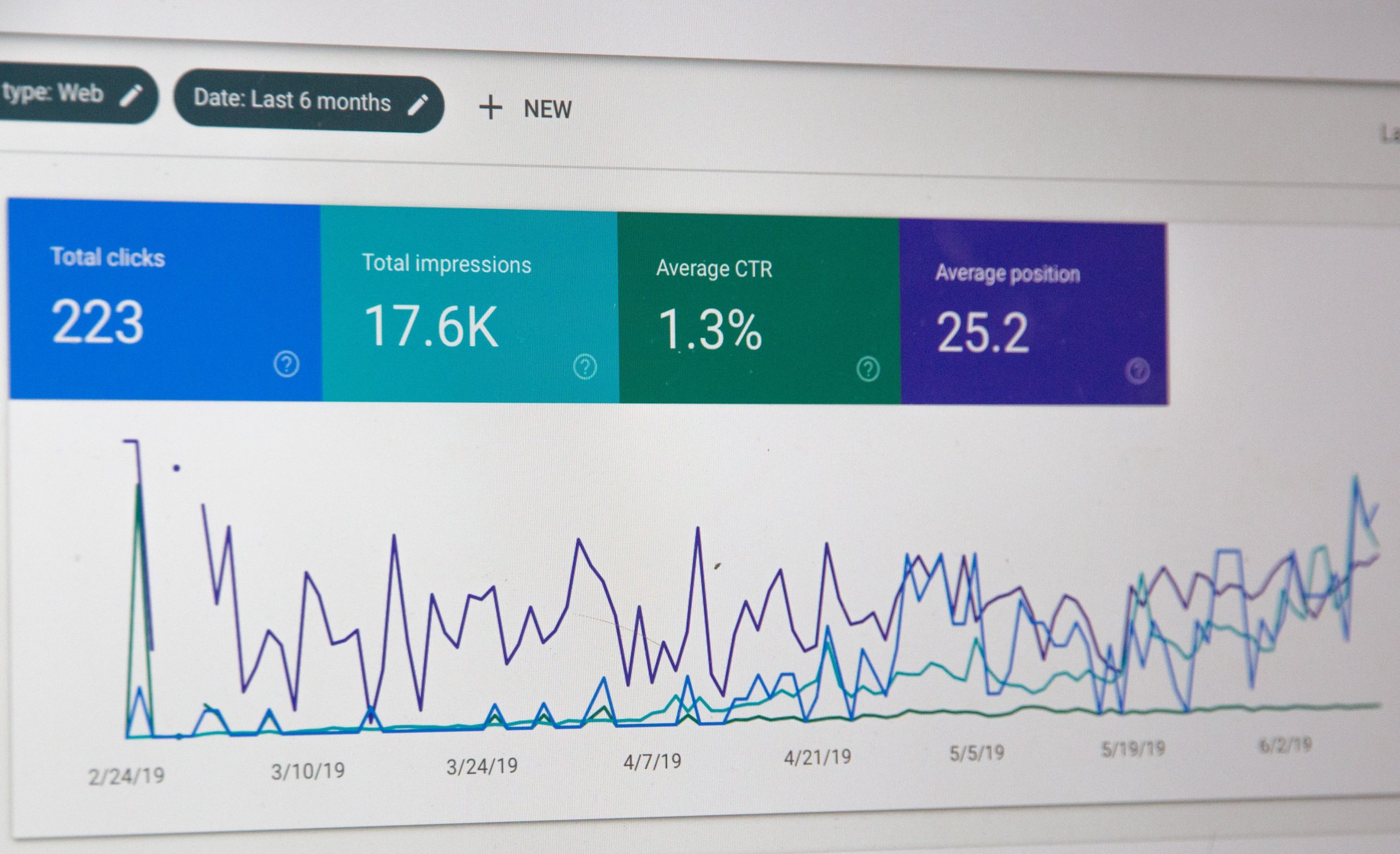You’ve worked diligently on your business model and finances, bringing your idea to life with a name and location, and now you are the proud owner of your very own business. Congratulations! As any small business owner is aware, there is so much more work that goes into operating your own business, and unfortunately the phrase “If you build it, they will come” is not necessarily true. Unless you provide a service in a niche market, you are competing not only with brick-and-mortar stores in your surrounding area but also with any similar businesses that have a presence online. According to SearchEngineJournal.com, Google handles an estimated 2 trillion searches per year worldwide. That breaks down to 63,000 searches per second; 3.8 million searches per minute; 228 million searches per hour; 5.5 billion searches per day; and 167 billion searches per month. This data makes it very clear that you need to have at least some form of presence on search engines. Even so, you also can’t just throw out a website and call it a day. So what can you do to make sure all of your efforts are worthwhile? That presence can be ‘earned’ through SEO, or purchased through Pay-Per-Click (PPC) advertising. What exactly does SEO do, and why should you consider it?
Search Engine Optimization (SEO) is More Than Marketing Lingo
Search engine optimization is the process of increasing the quality and quantity of website traffic by increasing the visibility of a website or a web page to users of a web search engine. What SEO comes down to is creating quality digital content using relevant keywords that your audience wants to read. That means researching what your audience is searching for, writing content that answers their questions, optimizing that content with the technical aspects Google likes and attracting traffic to your site. According to Moz, the first page of Google captures 71% of search traffic clicks and has been reported to be as high as 92% in recent years. When users enter a specific search term, Google’s complex algorithms use items such as website content and links to determine which results are most relevant and in what order to display them. The results are based on additional issues like site speed, backlinks, bounce rate, and a number of other factors. Based on these factors, this means that items such as your content and links should be thoughtfully selected; duplicate content, low-quality links, and shallow posts to drive up the number of pages will be considered spam and therefore rank lower in search results.
SEO is Effective Long Term
However, when businesses need to cut down the amount they are spending, marketing is often the first area to see cuts. SEO takes quite some time to implement successfully, and since Google uses over 200 ranking factors in their algorithms, SEO guidelines can – and do – change on a regular basis. Although it takes longer to run an effective SEO campaign, the Search Engine Marketing Professionals Organization, SEMPO, estimates that 11% of advertising dollars are spent on organic search, versus 87% spent on PPC. SEO is a lot cheaper to invest in, it attracts more click-throughs than pay-per-click, and organic search results are more trusted than PPC advertising. SEO cannot guarantee you a front-page spot on Google, but in the long term, it can help get your website in front of your desired audience. Now that you’ve opened your business, talk to us about what marketing services could help you not only compete but also stand out in the digital world. HRMG has the expertise to help and has successfully completed over 1,500 projects for satisfied customers since 2010. Explore our portfolio to learn more about what services we offer and how we take our clients from thinking like a “small business” to growing like a big brand.







